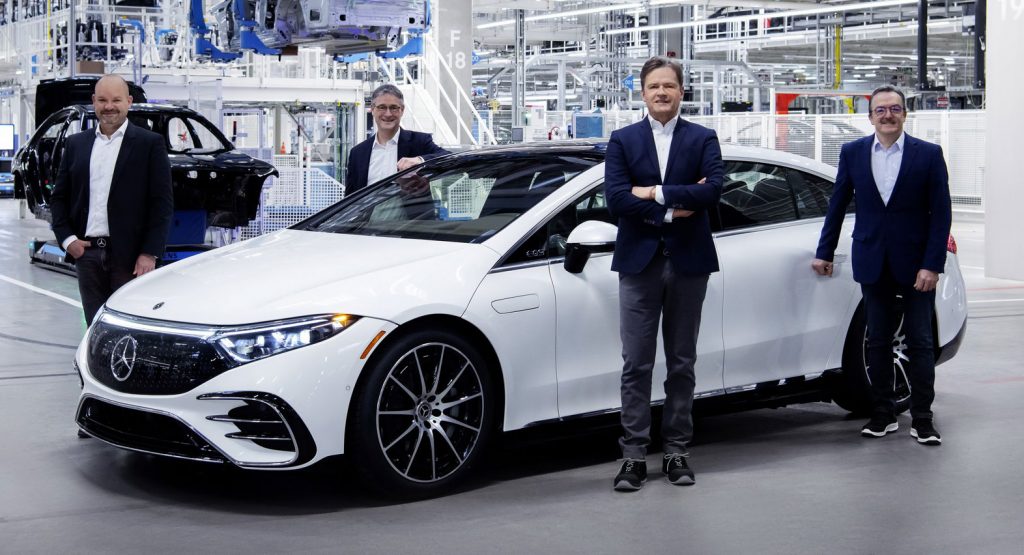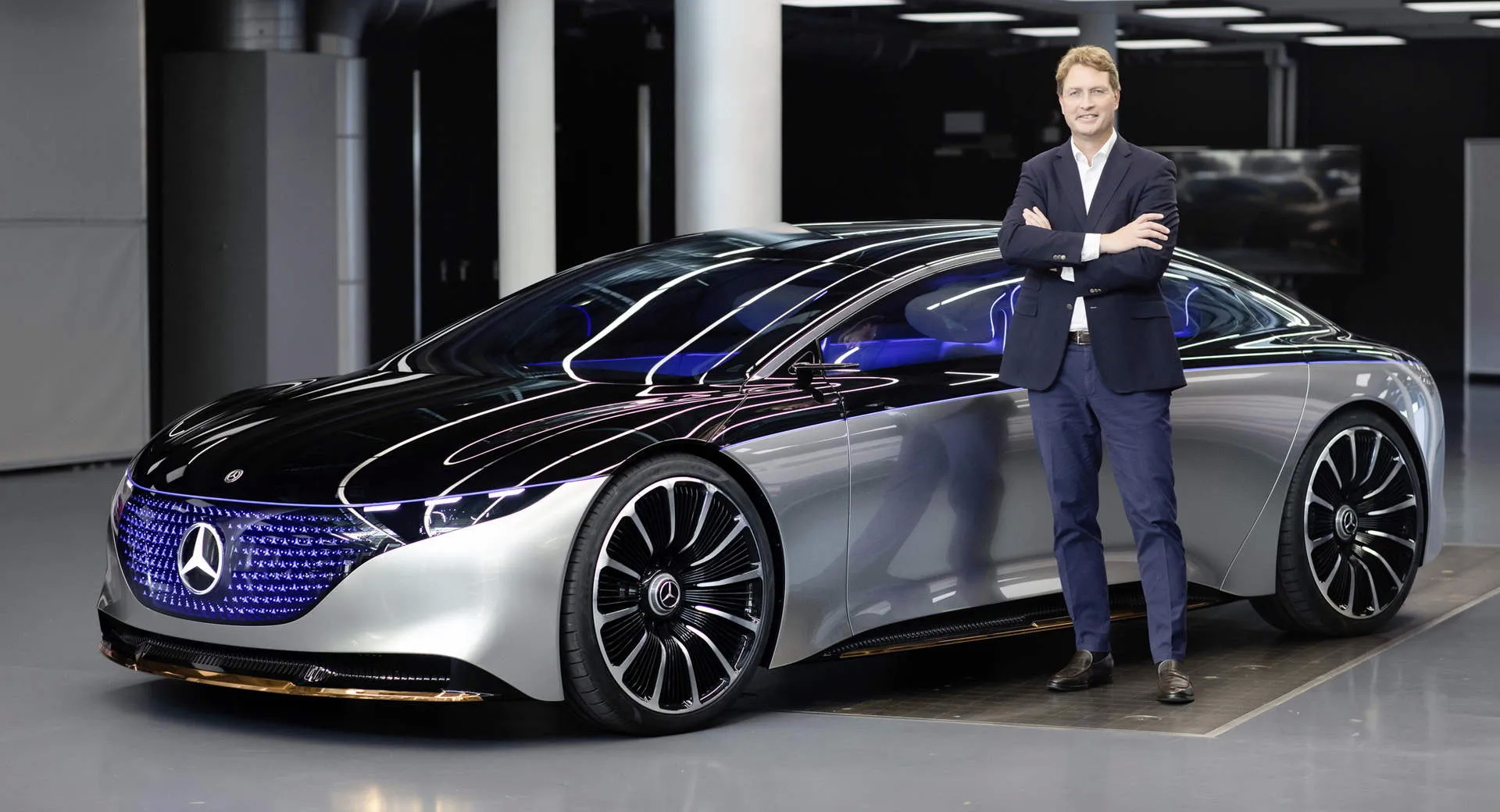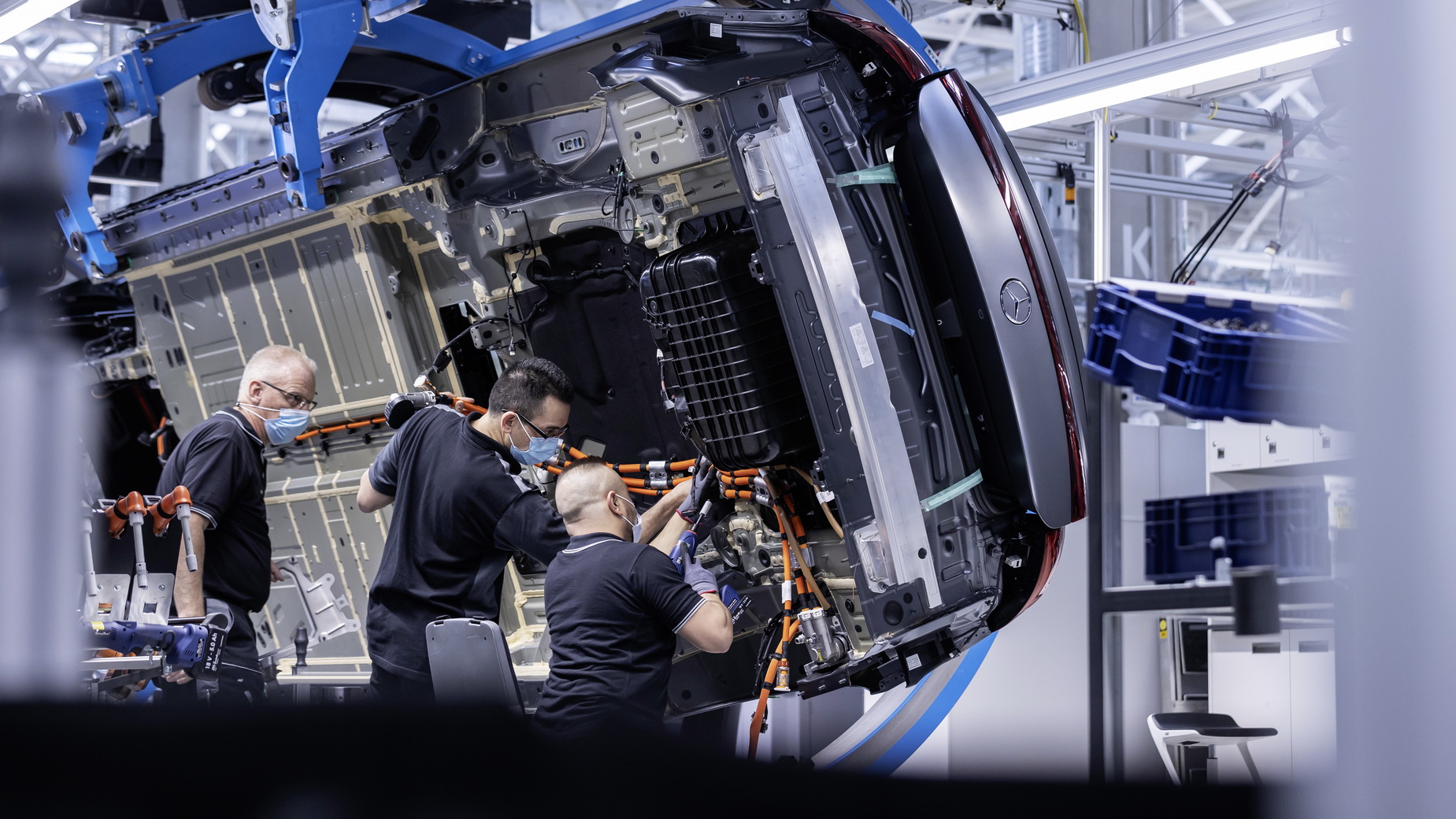Daimler CEO Ola Kallenius is claiming that the Germak carmaker is well ahead of their 2039 target to gradually eliminate combustion engine cars.
In a report by The Financial Times, the auto giant’s chief executive mentioned that high demand for electric Mercedes models had encouraged the company to speed up its transition into an EV manufacturer. This is a huge contributing factor towards the group’s goal to offer a complete carbon-neutral car range within the next two decades.
Earlier this year, Daimler assured its investors that it would not cut off production and sales of petrol and diesel vehicles ahead of time but rather use them as a “cash machine” to fund their plans for an electric future.
Since being appointed as a leader at Daimler, Ola Kallenius has had a watchful eye over the rollout of the EQS, Mercedes’ very first luxury electric-powered vehicle, which is to be marketed as an alternative for the premium S-Class. However, the headman refused to put his finger on a precise date that combustion engines will be permanently executed. Rather, he mentioned that regulatory pressure coupled with lower battery costs and “market dynamics” all point towards a sensible switch.
Read: Nissan Jettisons Its 1.5% Stake In Daimler For $1.2 Billion
As of now, electric car sales are gaining steady momentum, with Mercedes selling 16,000 EVs and 43,000 plugin hybrids worldwide within the first three months of this year, accounting for 10 percent of global sales.
But a serious debate remains on how electrification will make a considerable number of auto jobs redundant. According to the report, Kallenius admitted that assembling an electric powertrain takes less labor than that of its combustion-based counterpart, concluding that the German automakers will have to have “an honest conversation about jobs.”
According to Autonews Europe, the transition towards EVs may create an “employment fiasco.” The warning comes from Joerg Hosmann, president of IG Metall, the dominant metalworkers’ union in Germany and the largest industrial union in Europe. His comments comes after a survey by the IFO institute shows that the switch to the production of pure EV’s could result in 100,000 jobs in the industry being obsolete by 2025.







